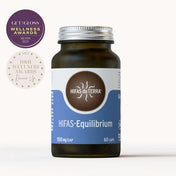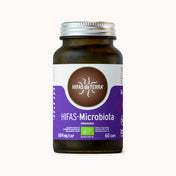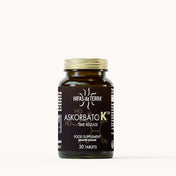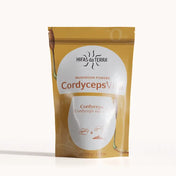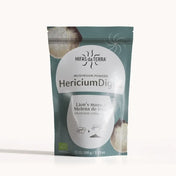What is colon cancer?
When we talk about colon cancer, we refer to a type of malignant tumor that affects the mucosa cells of the large intestine and that, in most cases, appears on existing polyps in the area and that, for various circumstances, evolves to Neoplasia. The most frequent type of colorectal cancer is adenocarcinoma, which appears in 90-95 % of cases and occurs in the mucosa that covers the interior of the colon and the rectum.
Risk factors
In Spain it is the highest incidence cancer (15% of the total cancer patients) and the worldwide trend is that it will affect more and more people in western and developed countries. The latter can give us an idea of what are the risk factors to suffer from this disease, being modifiable (regardless of genetic predisposition and age), and thus be able to change them to prevent:
- The consumption of certain foods such as rich in animal fats (red and processed meats), cooked at high temperatures or smoked. In addition, following a low fiber diet is a habit considered risk but already questioned by some professionals today.
- Physical inactivity and, consequently, overweight.
- Smoking and excessive alcohol consumption.
- The personal history of inflammatory diseases of the intestine such as crohn or ulcerative colitis, since most colorectal malignant tumors develop on previous lesions in the mucosa.
Prevention
In order to raise public awareness of the need to detect this disease early, emphasis must be emphasized in losing the fear of undergoing screening programs implanted by the autonomous communities, since they currently only get 50 % participation, far from 80 % reached in breast cancer programs. The vice president of the Spanish Foundation of the Digestive System (FEAD), Fernando Carballo, attributes this still modest participation to the fear of being diagnosed with cancer when there are still no symptoms. The test in question consists in the detection of hidden blood in the feces, being recommended that every citizen between 50 and 69 years will undergo these tests every two years.
 Good habits: introduce mushrooms into food
Good habits: introduce mushrooms into food
Another important point within the objectives of this day is prevention, making care of our food and maintaining a
Healthy intestinal flora and mucosa, for which we should not rule out complementation with natural products that help to that.
It is of interest, in terms of
Mycotherapy It refers, to talk about León's mane as a medicinal mushroom specificity due to gastric and intestinal alterations and that helps reduce inflammation, as well as to regenerate the epithelium of the area.
Other species such as those belonging to the genus
Pleurotus They perform the subsequent function as prebiotics, due to their high quantity in insoluble fiber, thus maintaining a correct intestinal biota.
More than eight million people are at risk of developing colon cancer, according to the AECC, hence prevention and early detection are the two fundamental pillars of the fight against this disease.
References:
http://www.alianzaprevencioncolon.es/index.php
http://www.sepd.es/
https://www.aecc.es/
http://www.cancer.org/
 Good habits: introduce mushrooms into food
Another important point within the objectives of this day is prevention, making care of our food and maintaining a Healthy intestinal flora and mucosa, for which we should not rule out complementation with natural products that help to that.
It is of interest, in terms of Mycotherapy It refers, to talk about León's mane as a medicinal mushroom specificity due to gastric and intestinal alterations and that helps reduce inflammation, as well as to regenerate the epithelium of the area.
Other species such as those belonging to the genus Pleurotus They perform the subsequent function as prebiotics, due to their high quantity in insoluble fiber, thus maintaining a correct intestinal biota.
More than eight million people are at risk of developing colon cancer, according to the AECC, hence prevention and early detection are the two fundamental pillars of the fight against this disease.
References:
http://www.alianzaprevencioncolon.es/index.php
http://www.sepd.es/
https://www.aecc.es/
http://www.cancer.org/
Good habits: introduce mushrooms into food
Another important point within the objectives of this day is prevention, making care of our food and maintaining a Healthy intestinal flora and mucosa, for which we should not rule out complementation with natural products that help to that.
It is of interest, in terms of Mycotherapy It refers, to talk about León's mane as a medicinal mushroom specificity due to gastric and intestinal alterations and that helps reduce inflammation, as well as to regenerate the epithelium of the area.
Other species such as those belonging to the genus Pleurotus They perform the subsequent function as prebiotics, due to their high quantity in insoluble fiber, thus maintaining a correct intestinal biota.
More than eight million people are at risk of developing colon cancer, according to the AECC, hence prevention and early detection are the two fundamental pillars of the fight against this disease.
References:
http://www.alianzaprevencioncolon.es/index.php
http://www.sepd.es/
https://www.aecc.es/
http://www.cancer.org/

